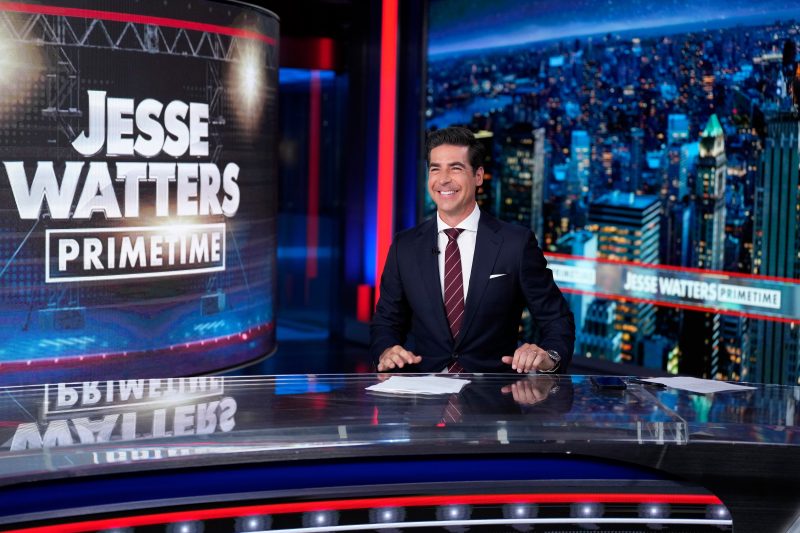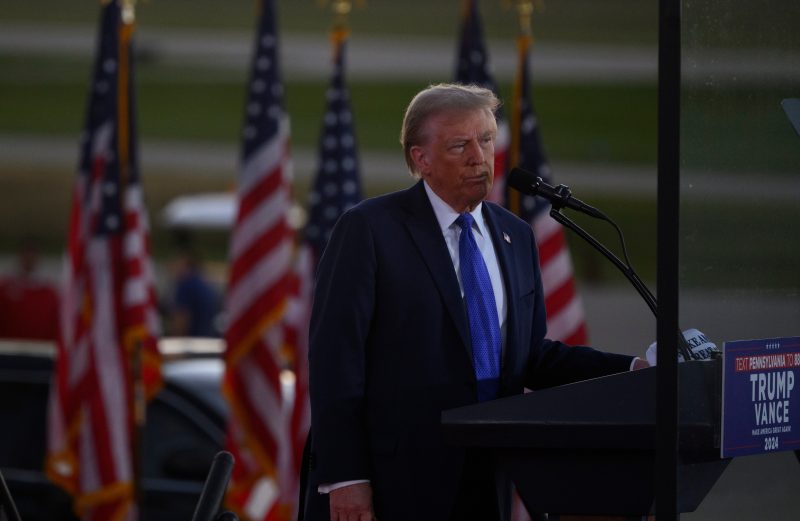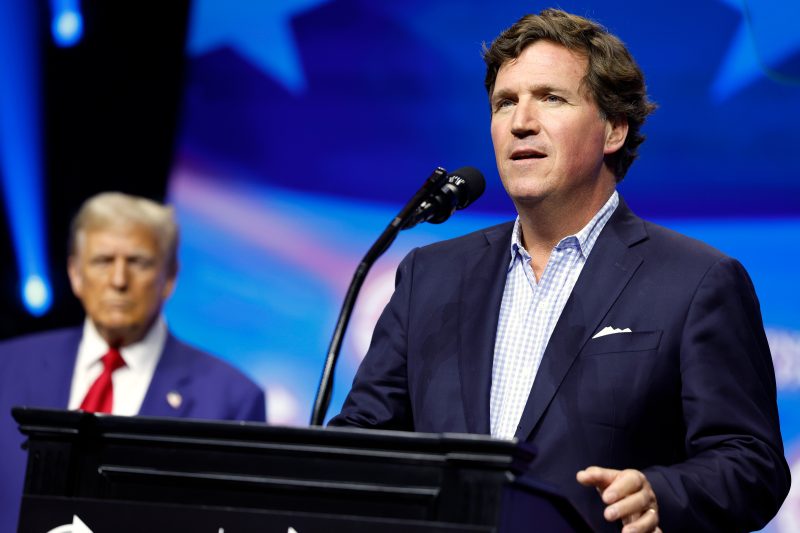
The right’s serious minds have a Tim-Walz-Chinese-sleeper-agent theory
On Monday morning, the Republican chairs of three House committees released a nearly 300-page report detailing what they alleged were impeachable offenses committed by President Joe Biden. Hours later, one of them — House Oversight Chairman James Comer (R-Ky.) — joined Fox News host Jesse Watters’s prime-time program to discuss a critical question about Democratic leadership:
Was Minnesota Gov. Tim Walz (D) maybe somehow groomed or compromised by the Chinese government when he taught there in the 1980s?
That Comer’s appearance didn’t address the impeachment probe that he’d had a central role in advancing wasn’t really surprising. The probe was a dud, centered on overheated or unsubstantiated claims that Comer and others had been peddling on Fox News for more than a year. It’s probably true that Fox News’s disinterest in the subject was related primarily to Biden’s decision not to seek reelection, clearing the way for Vice President Kamala Harris to be the Democratic Party’s nominee and to select Walz as her running mate. It’s probably true, too, that even Fox News knows when it’s got a nothingburger on its hands.
So, instead, Watters hosted Comer to discuss another new freewheeling, unconstrained effort to dig up dirt on a Democratic elected official: House Oversight’s probe, announced last week, aimed at Walz’s purported “longstanding connections to Chinese Communist Party (CCP) entities and officials.’ Those connections, the Oversight announcement explains, center on Walz’s time teaching in China (for one year) and his creating an organization that brought American students on educational trips to the country.
Watters, being Watters, characterized all of this in the most exaggerated possible terms, picking out isolated quotes to present a picture of someone — “Tiananmen Tim,” he called him — in China’s thrall. That Walz was enlisted in the National Guard at the time was presented as particularly suspect.
Enter Comer.
“It’s very concerning that the FBI, to my knowledge, has never even investigated this,” Comer began. “Now, we’re still trying to determine what extent they have — as far as all the trips this high-level official from the United States government — even before that, in the military — made to China.”
Of course, when Walz traveled to China in 1989 as part of an international teaching program run by a non-profit organization, he was not a “high-level official” in the government or even in the military. Nor, at that time, was the Chinese surveillance state as sophisticated as it would later become. This is what a movie critic might call a “retcon,” an effort to refit new facts to offer an alternative explanation of past events.
“This is a guy that really has embraced China’s view of the world, the Chinese ideology, which is communism,” Comer continued. His evidence for this? That Walz has government pensions instead of owning private-sector stocks. “This guy is very dependent on the government,” he said. “And I believe he thinks that China, the business model that China’s had, might be the ideal model for the United States.”
This is silly. Foreign Policy’s Paul Musgrave examined Walz’s approach to China both before and after being elected to Congress in 2006.
“Walz’s record is that of a measured critic of the Chinese Communist Party — prone neither to exaggeration nor accommodation,’ Musgrave wrote. ‘Nor is this a pose cooked up by spin doctors in the past few weeks. Small-town Nebraska newspaper articles — published well before Walz had any political ambitions — demonstrate that his professed affection for the Chinese people and culture has been matched by a longstanding criticism of the country’s rulers.”
Introducing Comer, though, Watters suggested that perhaps Walz was “targeted or recruited for CCP influence operations.”
“It’s very possible that China would be grooming an up-and-coming rising star in the political process,” Comer said later in the discussion, ‘to try to have a foothold in our government.”
Of course, during the time when Walz was teaching in China (the late 1980s) and leading school trips to China (beginning in the mid-1990s), he was not an “up-and-coming rising star.” He was a teacher who also served in the National Guard. Later, closer to his election to the House, Walz was also a visiting fellow at the Macao Polytechnic University. (It’s not clear how much travel this entailed.) But if China’s goal was to have an ally in U.S. government and somehow foresaw that Walz would fit that bill, they were probably disappointed in his tenure in the House. While there, the Minnesota representative took public positions critical of China’s approach to human rights.
By elevating the Watters-Comer discussion, we certainly run the risk of treating something fundamentally unserious as worthy of serious consideration. But that the discussion was so unserious is useful to consider in its own right, reinforcing that a primetime Fox News host and the head of a congressional investigatory committee are happy to engage in electorally focused conspiracy theorizing without any evidence of wrongdoing.
Very similarly to the impeachment probe that Comer had, to almost no fanfare, wrapped up a few hours previously.



